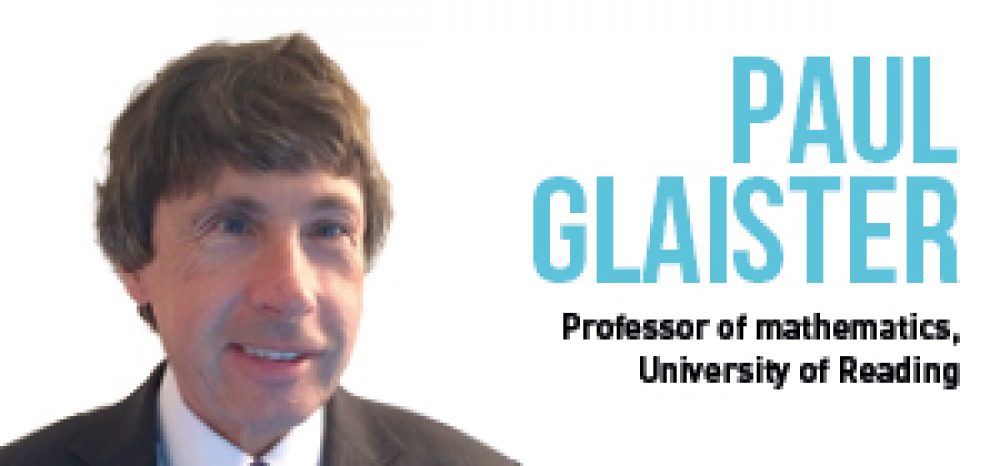Much expert research and development has already been carried out into maths in technical education – let’s not reinvent the wheel, advises Paul Glaister
The post-16 skills plan refers to a “common core”, “specialisation” and “digital skills requirements”, but what should the maths content of each of these look like?
Anyone that chooses to answer that question by listing content has completely missed the point. Too much emphasis in maths reforms has been placed on content and procedures.
Focusing on developing competence and confidence, and the ability to problem-solve in meaningful contexts should take priority over the addition of content. The maths must also engage learners, be clearly relevant to their specialism but also transferable to others, and be highly valued by employers.
The parallel pathways outlined in the skills plan – academic and technical, with crossovers at set junctures – may be too simplistic. Should there be opportunities for those who embark on a technical route and taking T-levels to be able to take an “academic” qualification, say an AS/A-level, as well?
Of course the level of maths in any T-level is likely to vary across the 15 different sectors, and will also be dependent on the prior attainment of an individual learner, but for those taking T-levels at level three, and for whom level three maths is appropriate, there is already a qualification that meets the needs of both academic and technical pathways: core maths.
The maths component of T-levels should be heavily informed by core maths
Core maths is a level three qualification currently being taken alongside AS/A-levels and existing technical and vocational qualifications. Indeed, the importance of core maths to all on a level three programme was made clear by the first recommendation in Sir Adrian Smith’s recent review of post-16 mathematics: “The DfE should seek to ensure that schools and colleges are able to offer all students on academic routes and potentially students on other level three programmes access to a core maths qualification.”
As core maths is a qualification for “work, life and further study”, it is a good place to start. I am not advocating that all those taking T-levels should also be taking core maths, or indeed that all T-levels should have an equivalent qualification embedded within them, either as the existing level three version or a newly created level two version.
But I am suggesting that the development of the maths component of T-levels should be heavily informed by all the work that has gone into the development of core maths, together with the subsequent implementation: teaching, resources, assessment, use of technology and its emphasis on problem-solving in meaningful contexts.
This approach, whether at level two or three, and regardless of the underlying content, would make for a maths component with a common core that engages all learners but which can be made relevant to their specialism, is demonstrably transferable to other specialisms, and which is highly valued by employers.
The three key objectives of core maths at level three are to:
- deepen competence in the selection and use of mathematical methods and techniques
- develop confidence in representing and analysing authentic situations mathematically and in applying mathematics to address related questions and issues
- build skills in mathematical thinking, reasoning and communication.
These includes anything quantitative, and particularly involves statistics, and statistical and data literacy. These objectives should be at the heart of the maths component of any T-level.
Much research and development has already been carried out by two of the leading experts in this field, Professors Geoff Wake and Jeremy Hodgen, along with their collaborators. Their work includes a look at the nature of maths in technical education and employment in other countries, and the increasing need and nature of maths for employment in the UK.
The Institute for Apprenticeships and expert panels, and the recently announced stakeholder groups need to look to this important work, and build upon it, to create the very best technical education and training, with an embedded, relevant, and ever-developing maths component.
Paul Glaister is professor of mathematics at the University of Reading








Your thoughts